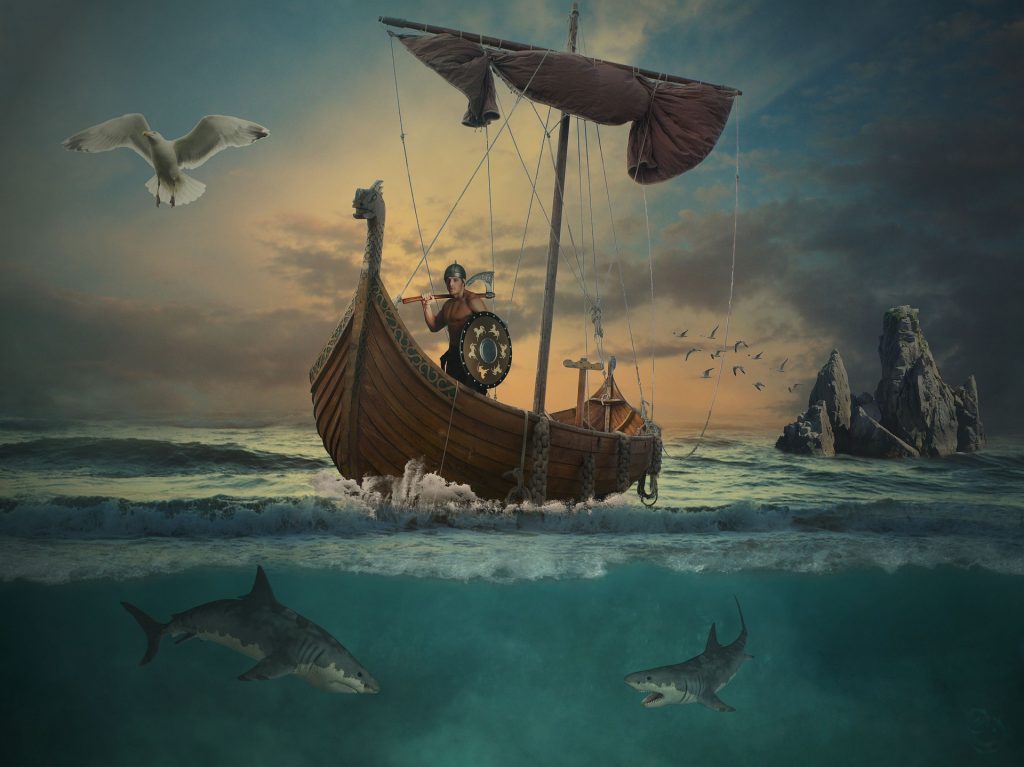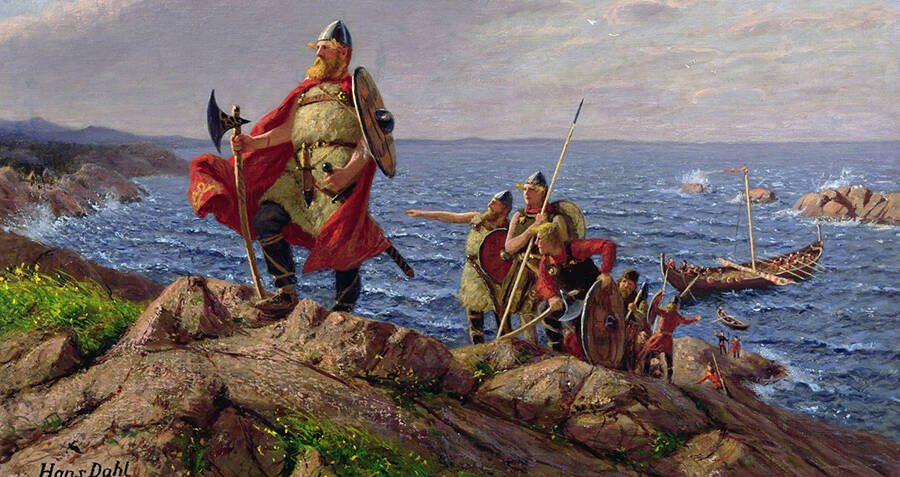
5 Things You Should Know About Viking History
Did you know that there are 500 to 1000 people in Denmark who still believe in the Nordic religion?
When we hear the word Viking, we probably think of massive, bearded warriors pillaging villages and homes. It’s not far off. Vikings were typically adventurers, traveling farther than any other European had before then.
Read on to learn more about this elusive Viking history and how it shapes our world today.
- Origins of the Viking Age
Vikings may be famous for their notorious raids of the northern area. Their history is significantly more complex and informative.
Vikings were a strong and highly advanced culture that existed in various parts of Europe, mainly in Scandinavia. Viking society was heavily focused on agriculture, trading, and warfare. They also were known for their unique ship-building technology to navigate vast bodies of water.

- Norse Mythology and Religion
Vikings were incredibly devoted to their mythology and religion. Norse mythology includes the gods Odin. Thor and Freyr, the goddesses Freyja and Frigg, and the legendary dwarves, giants, and human characters.
Norse mythology also includes several stories about the creation of the world. You can check Viking jewelry for sale that tells about the history and culture of Vikings. Viking rituals, such as blóts or animal sacrifices, were every day, as were candle offerings and prayers.
- Viking Social Structure and Economy
The Viking social structure was hierarchical, with the jarls at the top. Followed by chieftains, freemen, and lastly, enslaved people. The agricultural economy of the Vikings largely supported this class system.
The jarls, the highest-ranked members, were largely hereditary and were the only class with true political power. The chieftains and freemen were farmers below them and their rights and obligations varied between regions.
Enslaved people were considered to be property. They still had quite a bit of autonomy regarding what they produced and with whom they made it.
- Exploring Viking Heritage Through Popular Culture
Viking history is expansive. Viking explorers traveled throughout Europe, North America, and Asia. Exploring Viking heritage gives one a chance to further educate themselves on the culture and traditions of the Vikings.
Viking popular culture gives insight into how these customs have impacted present-day societies. This also includes how pre-medieval cultures have evolved and survived over the years.
One can gain a deeper understanding of the culture by exploring Viking heritage through popular culture. It fully appreciates the incredible and powerful legacy of the Vikings.
- Understanding Viking Expansion and Exploits
Having seafaring skills allowed the Vikings to expand their reach. The use of longboats meant the Vikings could navigate shallow rivers. They also make landfall almost anywhere.
It is also worth mentioning that in terms of industry and commerce, the Vikings were merchants and traders. They took advantage of the goods they found during their campaigns. All of these things combined make it easy to understand the impact and legacy of the Vikings.

Learning the Viking History
The Vikings were an influential part of Northern Europe for centuries in law, politics, and culture. Their history is truly remarkable, and there is still more to learn about them. To learn more about Viking history, do some online research and read books on the subject, and you may be surprised to learn more about this fascinating part of world history.
Read more on our site for more informative content just like this one!




